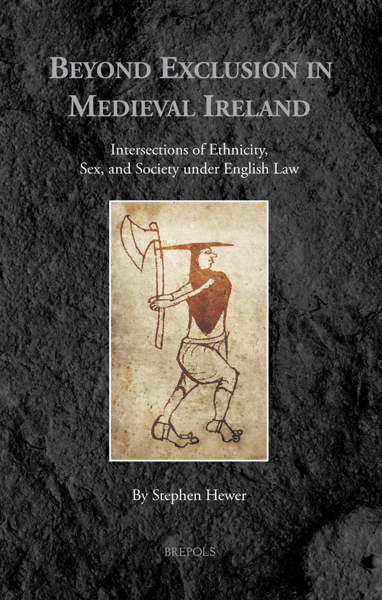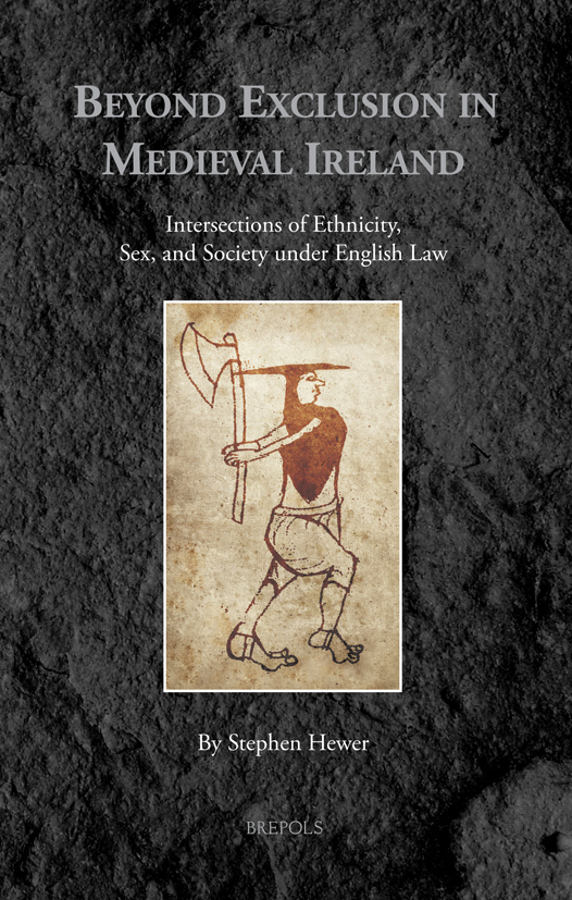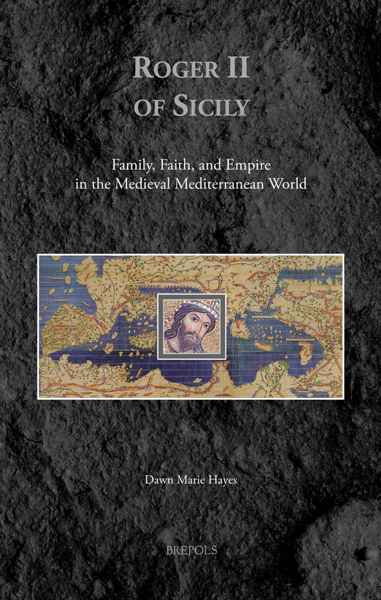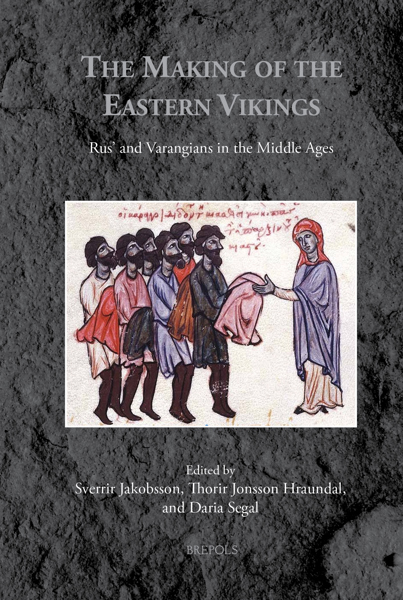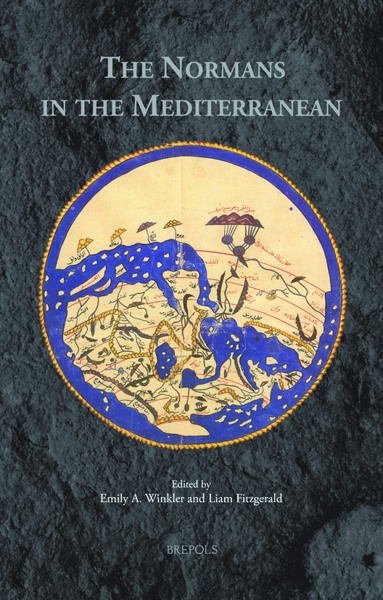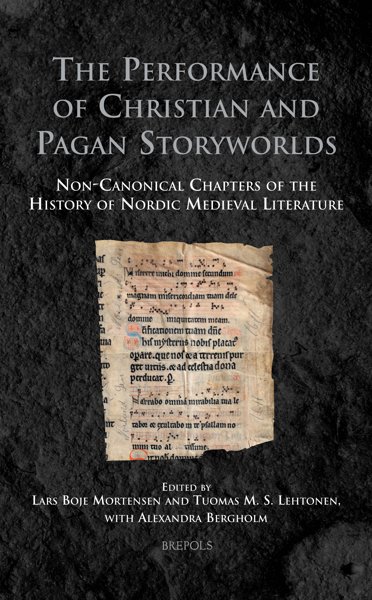
Beyond Exclusion in Medieval Ireland
Intersections of Ethnicity, Sex, and Society under English Law
Stephen Hewer
- Pages: 338 p.
- Size:156 x 234 mm
- Illustrations:4 tables b/w., 1 maps b/w, 1 maps color
- Language(s):English
- Publication Year:2022
- € 100,00 EXCL. VAT RETAIL PRICE
- ISBN: 978-2-503-59457-6
- Hardback
- Available
- € 100,00 EXCL. VAT RETAIL PRICE
- ISBN: 978-2-503-59458-3
- E-book
- Available
To achieve a fuller understanding of the legal status of peoples within English Ireland, this book compares the treatment of Gaelic women and men to that of the English of Ireland and it also offers an in-depth examination of other ‘Irish Sea Region’ ethnicities.
“(…) due to the richness of the plea rolls Hewer examines, his study expands our understanding of how the ethnically-mixed inhabitants of the thirteenth- and fourteenth-century English colony in Ireland interacted with royal courts.” (Maeve Callan, in The Medieval Review, 22.12.10)
“This book makes an important contribution to high medieval Irish history. It aspires to challenge the notion that the Gaelic Irish were universally excluded from the colonial legal system following the English (or Anglo-Norman) invasions of the late 1160s (…) The book should be essential reading for anyone working on Anglo-Irish relations in the medieval period but should also be of interest to anyone interested in medieval intercultural connections, the history of medieval English imperialism, and onomastics.” (Simon Egan, in SPECULUM, 99/2, 2024, p. 584-585)
Stephen Hewer is a Leverhulme Early Career Fellow at the Institute of Irish Studies in the University of Liverpool. He specialises in deconstructing modern misconceptions and distortions of medieval peoples.
The notion that, upon the advent of the English in 1167, all Gaelic peoples in Ireland were immediately and ipso facto denied access to the English royal courts has become so widely accepted in popular culture that it is often treated as fact. In this ground-breaking monograph, however, the narrative of absolute ethnic discrimination in thirteenth- and early fourteenth-century English Ireland is for the first time tackled head-on through a thorough re-examination of the Irish plea rolls. Through a forensic study of these records, the author demonstrates not only that there was a great deal of variation in how members of various ethnic groups and women who came before the English royal courts in Ireland were treated, but also that there was a large — and hitherto scarcely noticed — population of Gaels with regular and unimpeded access to English law, and that the intersections between gender/sex and ethnicity have too often been deeply misunderstood or disregarded. A close comparison between the treatment of Gaelic women and men and that of the English of Ireland, together with an in-depth examination of other ethnicities from around the Irish Sea, provide a new understanding of English Ireland in which it is clear that there was not a simple dichotomy between the English and the unfree, but rather that people lived an altogether more complex and nuanced existence.
Maps and Tables
Acknowledgements
Abbreviations
Introduction
Chapter 1: Legal Bondage and ‘betaghs’
Chapter 2: Free Gaelic Men in English Ireland
Chapter 3: The Legal Status of Women: The Intersection of Sex and Ethnicity
Chapter 4: Legal Discrimination, Disseisins, and Land Transfers
Chapter 5: Irish Sea Region Ethnicities
Chapter 6: The Effects of Ethnicity during Criminal Cases
Chapter 7: The Role of Ethnicity in the Status of Clerics
Conclusion
Bibliography
Index
